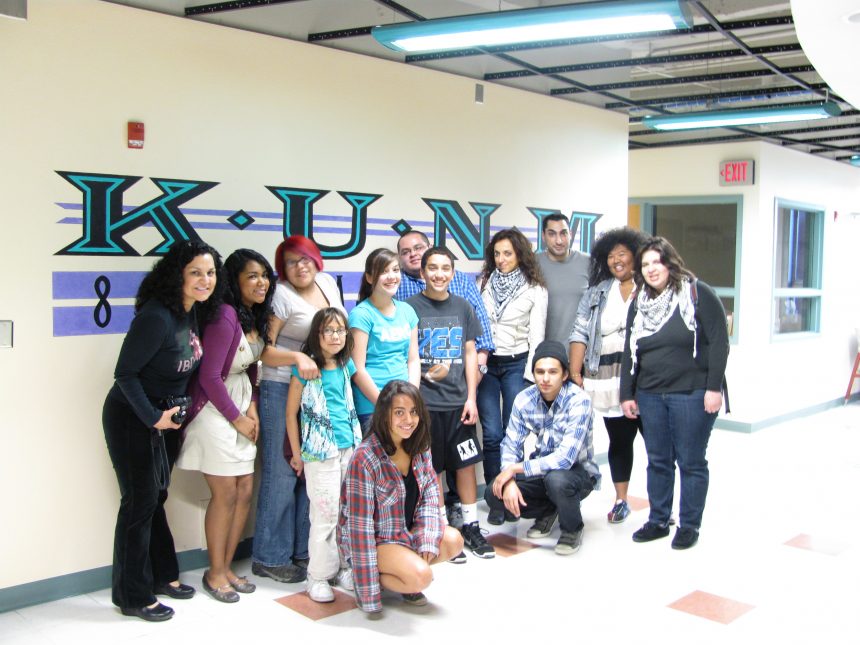After interacting with our guests and hearing their amazing stories, I have to admit I did a lot of searching. The car ride that followed was probably filled with more thought than I’ve done in a long time, and to be honest, I was definitely not expecting this going in.
I was raised Christian and was taught, growing up, that anything Jewish or Israeli is our friend. Until I was about eight, I attended a Christian Synagogue with my grandmother where I was taught about the Torah, the Hebrew language, Jewish prayers, and other various parts of Jewish culture. We celebrated Passover every year and I was a master at playing dreidel. So, when I was told about the speakers, I knew I would have to do a little more research to lessen my bias. I went in with an open mind.
After a few short minutes I realized I knew less about the Israeli–Palestinian conflict than I had thought. I had known that the conflict was over land that the Israelis felt a certain right to and that the land had since been divided into a Jewish and Palestinian state. I searched for a deeper history. After a few hours of research, though, it didn’t seem that I had learned a significant amount of information. Most pieces seemed one sided and discussed Zionism and Israeli issues in the conflict which I had admittedly knew more about to begin with.
So, when it was time for me to head over to the KUNM station, I went, again with an open mind but also with an admitted bias. Not to mention that this was all jumbled with nerves as it was my first experience with youth radio.
As they began to speak I was quick to realize that we were not simply discussing the land conflict I seemed to be researching before. Strong words like “apartheid” and “racism” were being used in respect to the topic. I searched my mind for research I had found with these phrases, but I remembered none. When they began to relate it to South Africa and the U.S.-Mexican border, something I needed no research on, things began to click for me. I suddenly began to remember tidbits of information I had heard about the blockade in Gaza, attacks on aid ships, and the violence that erupted between the two states, and I started to listen more intently.
Both guests Remi Kanazi and Huwaida Arraf were open about their role in the conflict and their personal lives, making it clear that this conflict was about much more than land. Their advocacy for human rights and against the injustice that surrounds Palestinians, especially in the Gaza strip, was an inspiration. I feel honored to have spoken with people who have so much passion for the equality of people. They have spoken not only for justice in Palestine, but have also related it to something that each New Mexican can relate to, the U.S. Mexican border and the hateful laws that have been passed in Arizona.
Now knowing what to research I went home, headed straight to my computer, and opened up two tabs in Firefox. I typed “Israeli occupation of Palestine” in one tab and “Gaza blockade” in the other. I was bombarded with gory pictures of Palestinian children, information about the rising poverty rate, and the manipulation and violence of the Israeli government.
I was initially dumb founded about how this was possible, about how people who I was taught for so long were supposed to have the same ethics as me could have so much hate and complete disregard for other people. I soon realized, though, that it had less to do with religion than personal integrity. Christian, Jewish, Muslim: they were all just titles. One could be generally good or bad under any name. I realized that I had made the same mistake as many other people in our country. No person should feel more connected to a group based solely on their name be it racial, religious, or national. It seemed that a conflict that is about more than just land and religion, but justice and human rights has been clouded by these titles and the biases that come with them.
by: Thema Fenderson

